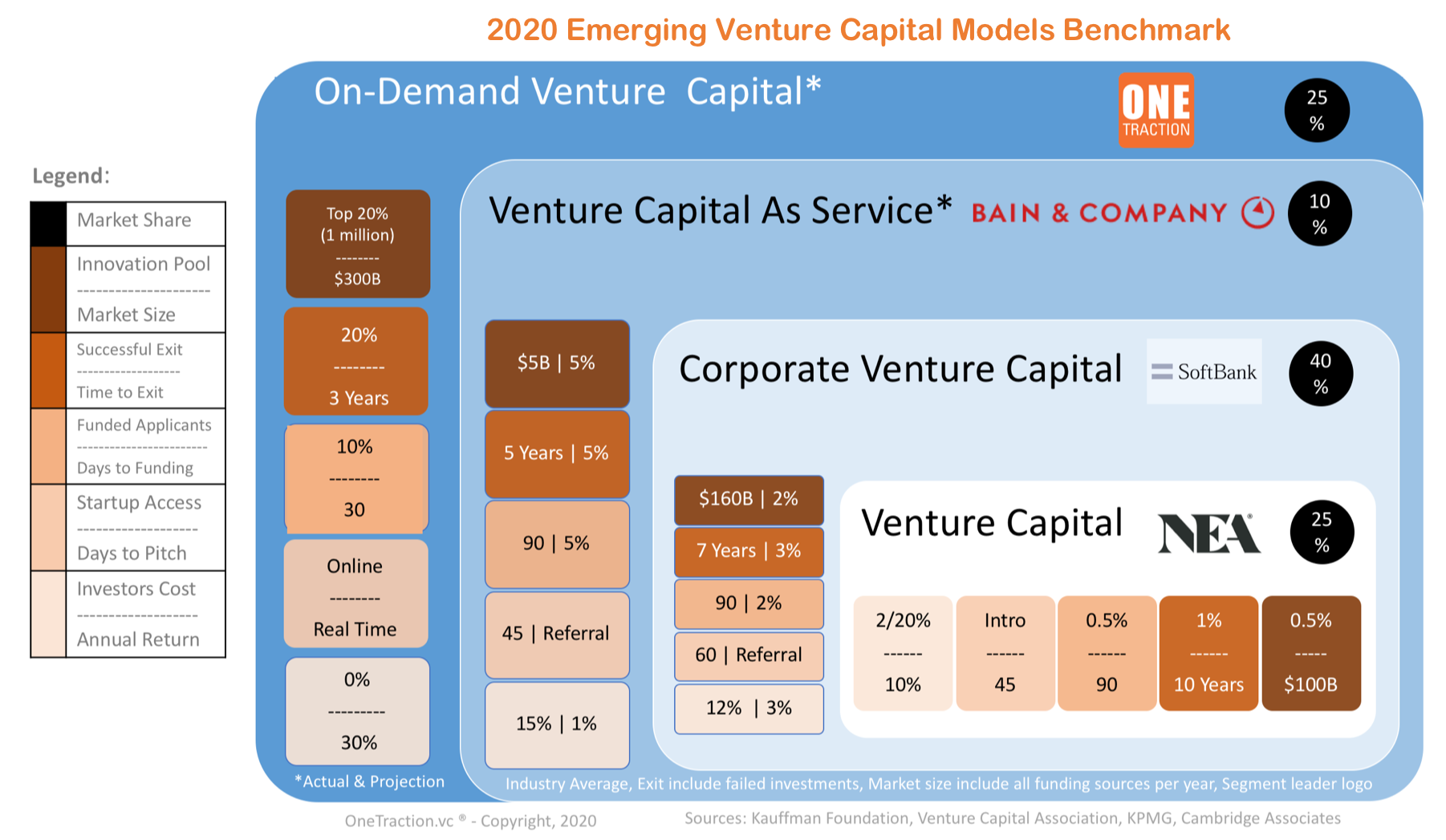

There’s so much capital chasing so few truly promising startups that gaining access is often the biggest challenge – which is why returns are highly concentrated among the top few VC firms. Technically, venture capital is an “investing” or “buy-side” role.īut it’s also a sales profession where you compete for capital and access to the best startups.
US VENTURE CAPITAL FIRMS FOR TECH STARTUPS FULL
Yes, you’re reading this graph correctly: a full 65% of VC deals lose money or merely break even. venture returns over 10 years assembled by Correlation Ventures: Since the risks are so high, VCs expect the majority of their investments to fail.īut if they find the next Google, Facebook, or Uber, they could earn exceptional overall returns even if 90% of their portfolio companies fail. Most of these high-growth-potential companies are in technology and healthcare, but some VCs also invest in cleantech, retail, education, and other industries. Then, they aim to grow these companies and eventually exit via acquisitions or initial public offerings (IPOs). Venture capital firms raise capital from Limited Partners, such as pension funds, endowments, and family offices, and then invest in early-stage, high-growth-potential companies in exchange for equity (i.e., ownership in those companies). Or, if things don’t go as planned, tell your firm’s investors “it will take more time” to get results.Īnd, going back to that first question, how do you break into this “dream job”? What is Venture Capital? Wait about a decade, and then… boom! You’re wealthy. To students, engineers, jaded investment bankers, and Uber/Lyft drivers, venture capital sounds like the dream job: take meetings with exciting entrepreneurs all day and then bet money on the best ones.

US VENTURE CAPITAL FIRMS FOR TECH STARTUPS HOW TO
When it comes to how to get into venture capital, everyone usually has the same first question:


 0 kommentar(er)
0 kommentar(er)
